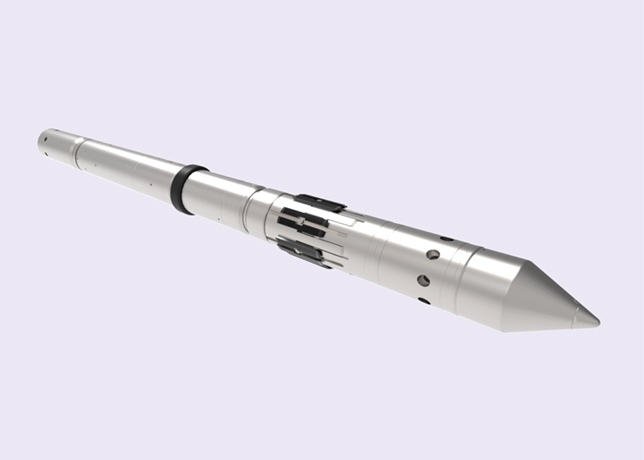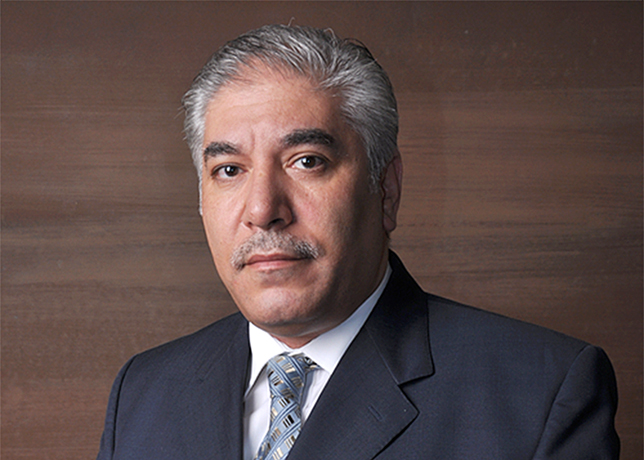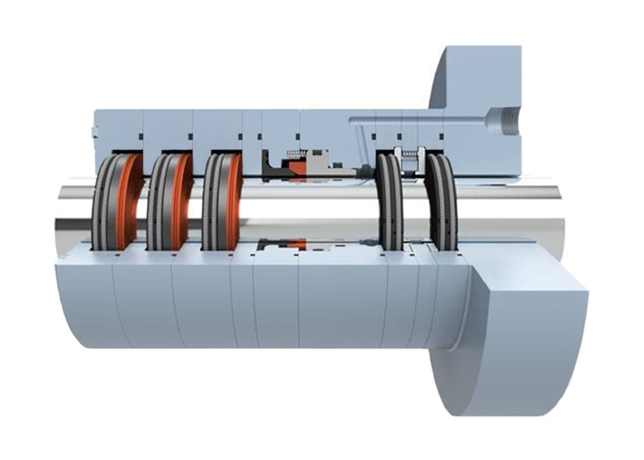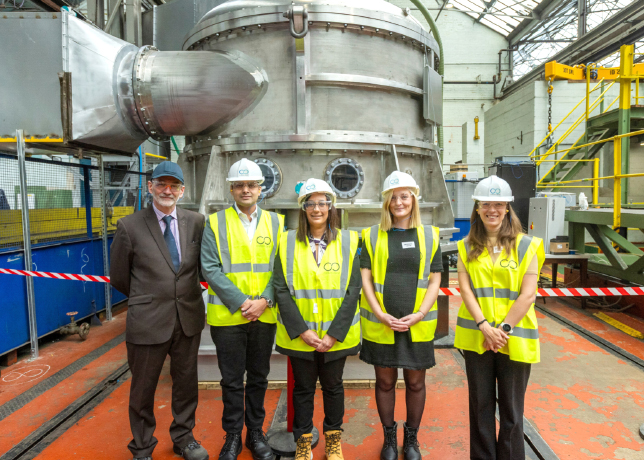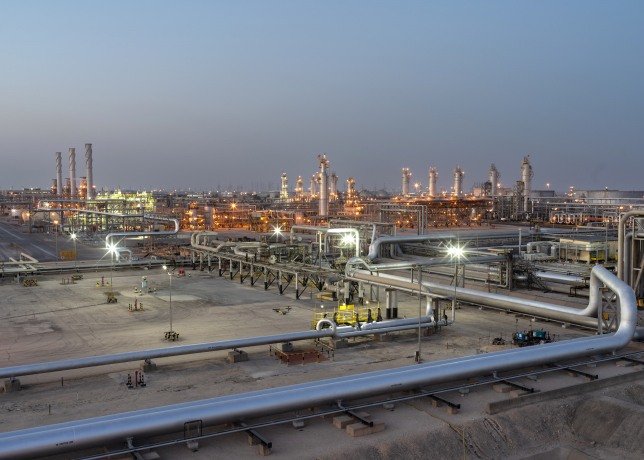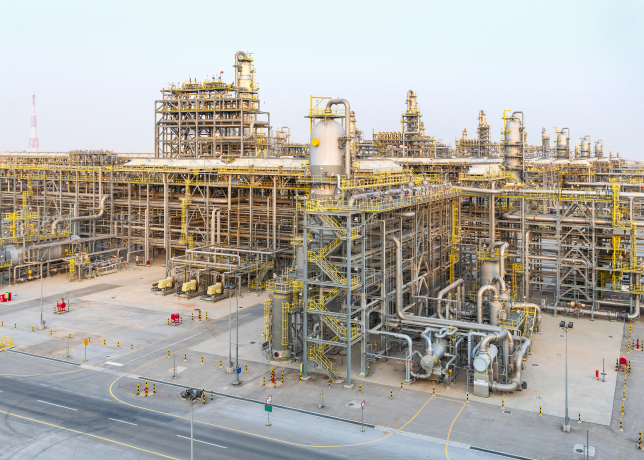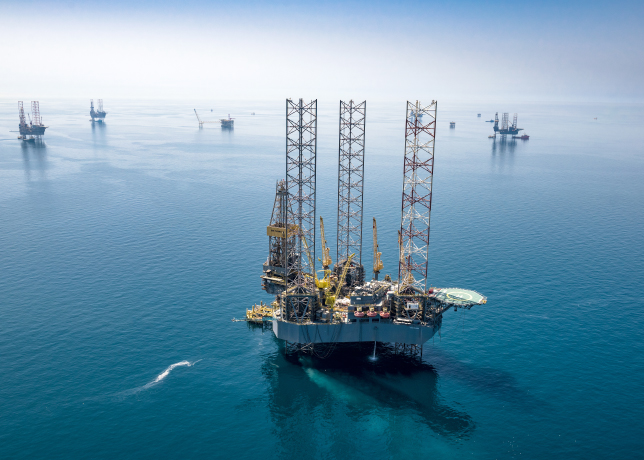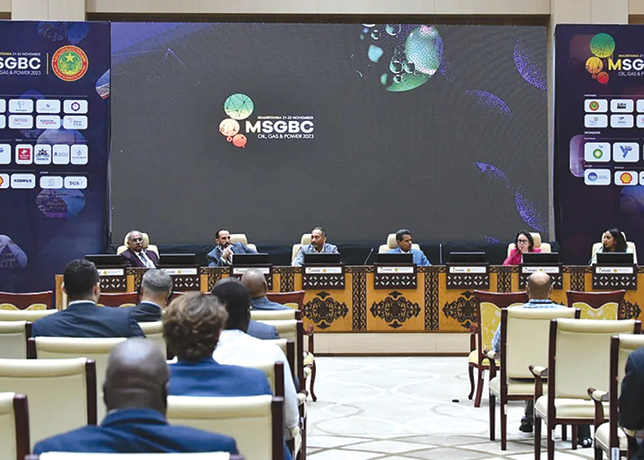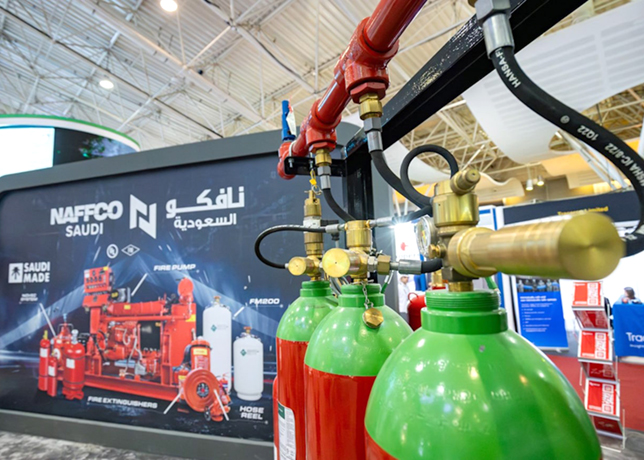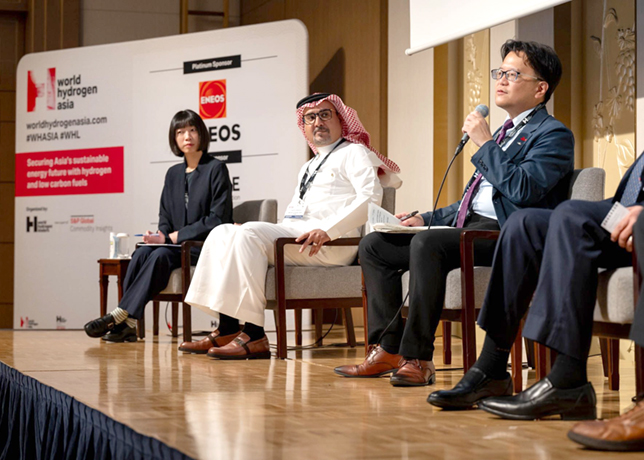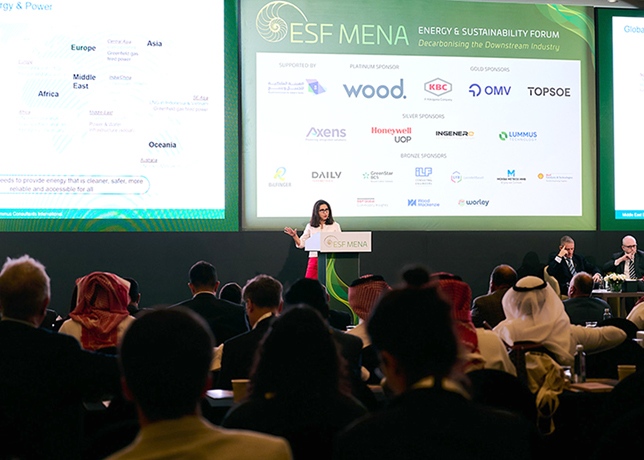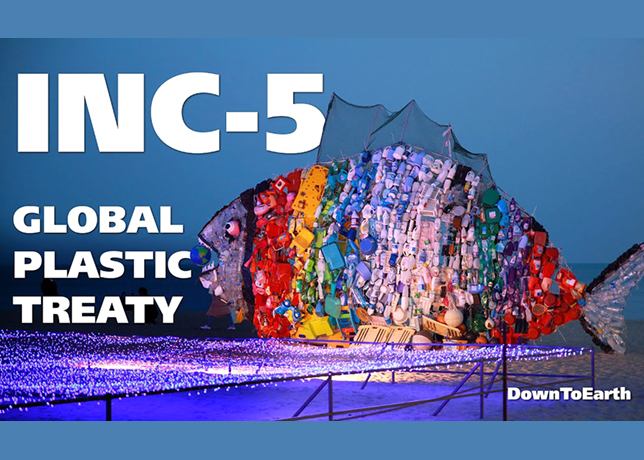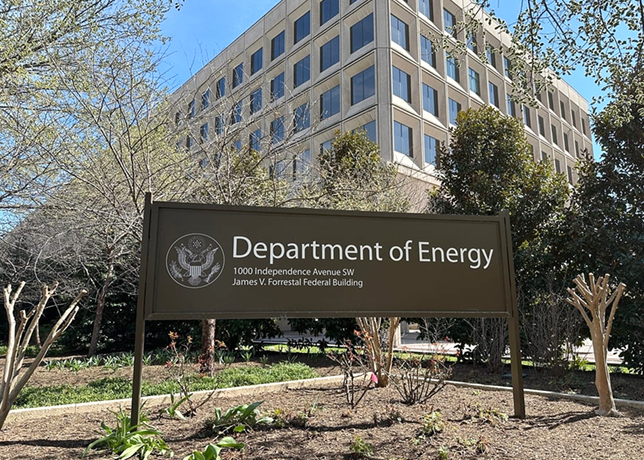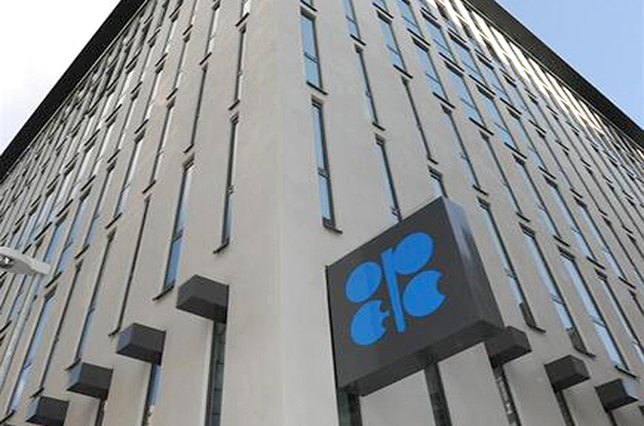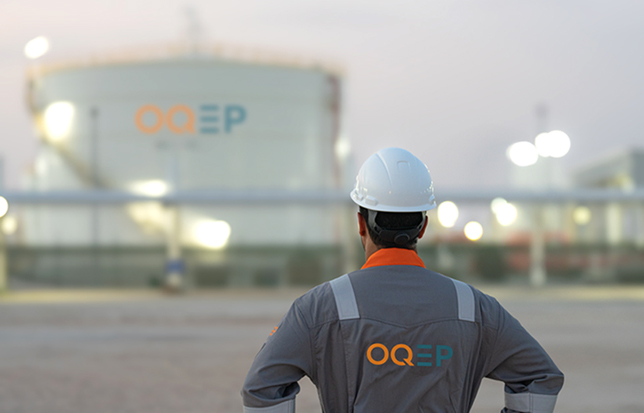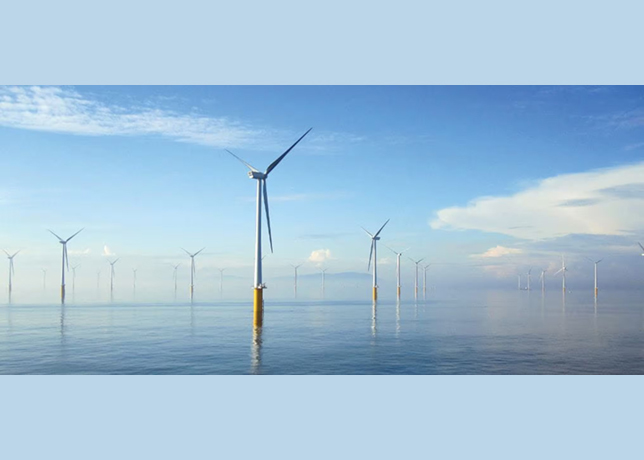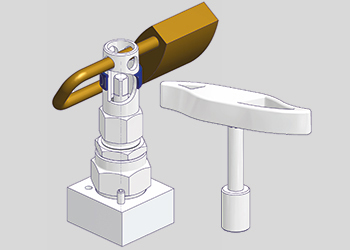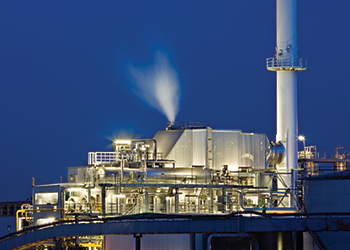
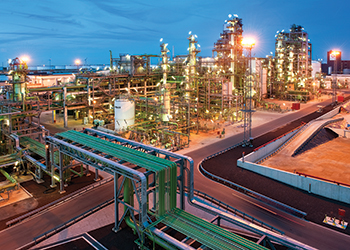 Neste Oil operates complex refineries
Neste Oil operates complex refineries
An independent oil refining and marketing company, Neste Oil’s strong downstream and retail business give it a significant competitive advantage in the global oil and gas industry, says a report
Neste oil Corporation (Neste Oil) is an independent oil refining and marketing company. The company is active in the areas of refining of oil and marketing of petroleum products. Through integrated business operations, refining capabilities and research focused activities; the company leads the oil and gas market in Finland and Nordic regions. However, declining refining margins is a cause of concern for Neste Oil. Strategic initiatives and demand for biofuels provides an opportunity to enhance its business performance. Fluctuations in the oil and gas prices, competitive environment and regulations could limit its business performance, says GlobalData in its SWOT analysis of the company.
STRENGTHS
Focused R&D activities: Neste Oil leverages its technical competence to come up with differentiated products in the market. The company actively undertakes research and development (R&D) activities in the areas of crude oil and renewable fuels. Research work is focused on completely new types of raw materials, such as microbes and algae; and existing materials, such as used cooking oil and technical corn oil. Its refining technologies such as NexTame, NexEthers and NexOctane improve gasoline quality. The company used its proprietary NExBTL technology to produce renewable diesel and succeeded in extending the technology to produce renewable aviation fuel.
Recently, Neste Oil opened Europe’s first pilot plant for producing microbial oil from waste and residues at its site in Porvoo, Finland. The company also started producing NExBTL renewable diesel from waste fat sourced from the fish processing industry.
For the fiscal year ended December 2013, Neste Oil’s R&D expenditure stood at €40 million ($49 million), of which nearly 70 per cent is invested into renewable raw materials. Such strong research and technical capability enhances the company’s ability to improve its products and processes to gain significant edge over its peers.
Leading market player: Neste Oil holds strong foothold in oil products and renewables, and oil retail businesses, which strengthen its overall business portfolio. Neste Oil is one of the three largest service station companies in the Baltic countries and the St Petersburg region in Russia. The company has a total of 1,027 stations, of which 790 are in Finland and 237 in Northwest Russia, Estonia, Latvia and Lithuania. The company has oil refineries and plants in five countries.
Neste Oil holds leading positions in various geographies in its oil retail business. It is considered to be among the top players in oil retail business and was ranked first in Finland: second in the St Petersburg area, Russia; second in Estonia; second in Latvia; and third in Lithuania in 2013. The retail network is supported by efficient logistics infrastructure, high quality fuels from the company’s refineries and shipping operations. Neste Oil is a leading producer of renewable diesel across the world. The company is also the leading petroleum products manufacturer in Finland and is one of the largest wholesale suppliers in the Nordic petroleum products market.
Refining capabilities: The company operates complex refineries, that helps it maintain margins and produce a wide variety of petroleum products. It operates oil refineries at Porvoo and Naantali in Finland; two renewable diesel refineries in Singapore and Rotterdam, Netherlands; and joint venture production plants in Bahrain and in Sweden. The Porvoo refinery concentrates in production on premium-quality, low-emission traffic fuels, with an annual refining capacity of 200,000 bbld and storage capacity of seven million cubic metre of crude and refined products.
It also has a Very High Viscosity Index (VHVI) unit that produces 250,000 tonnes per year base oils for top-tier lubricants. Neste Oil’s Naantali refinery produces specialty products and has refining capacity of over 50,000 bbl/d and storage capacity of over 1 million cubic meters (m3) of crude and petroleum products. Production of NExBTL renewable diesel takes place at at bio-diesel refinery in Singapore and Rotterdam. Both the refineries have a capacity of 800,000 tonnes per year.
Neste Oil holds 45 per cent interest in a VHVI plant in Bahrain which produces premium quality VHVI Group III base oils for use in blending top-tier lubricants and has a production capacity of 400,000 metric tonnes per year. With such high refining capacities and range of products processed, the company serves various key markets in Europe and the US among others.
Integrated business operations: Neste Oil is an independent oil refining and marketing company, with operations in two business areas: oil products and renewables, and oil retail. The company operates through four reportable segments, namely, oil products, renewable fuels, oil retail and others. The oil products segment markets and sells gasoline, diesel fuel, light and heavy fuel oil, aviation fuel, base oils, gasoline components and liquefied petroleum gas to domestic and international wholesale markets. The oil retail segment undertakes retail and direct sales and marketing of petroleum products such as heating oil, off-road diesel fuel, heavy fuel oil, gasoline and diesel. The renewable fuels segment produces NExBTL renewable diesel through two units at the Porvoo refinery in Finland and two plants in Singapore and in Rotterdam, the Netherlands. Integrated operations in midstream and downstream oil and gas functions, with focused R&D initiatives offer competitive advantage to the company.
WEAKNESSES
Decline in refining margins: Neste Oil reported decline in total refining margin in 2013. The company’s total refining margin stood at $9.60 per barrel, as compared to $10.17 bbl in 2012. Its oil products’ comparable operating profit was €280 million, against €396 million in 2012 due to European demand for petroleum products was lower and additional refining capacity was brought on-line in the Middle East and Asia. To strengthen its margins, the company could aim to increase its productivity, concentrate on higher value-added products, and focus on its home markets around the Baltic. Generating profits from its refining operations remains an area of concern.
OPPORTUNITIES
Blending mandate for bio-fuels: The global market for bio-fuel is growing, which is a positive sign for the company’s business. The demand for biofuel is likely to increase through mandated fuel blends and fiscal incentives. These bio-mandates are spreading steadily across the world and are expected to virtually double the global bio- and renewable diesel demand by 2020. According to industrial sources, blending mandates are present in 38 countries and 29 provinces around the world. Brazil is expected to go with blending mandate of 15-20 per cent range by 2020-2022 and India with 20 per cent by 2017. The EU Renewable Energy Directive requires that renewable energy should account for a minimum of 10 per cent of the energy used in traffic by 2020. National legislation in Finland requires 20 per cent content by 2020, and legislation in the US will require 20 per cent content by 2022. Demand for diesel in Finland increased by 3.0 per cent as compared to the level in 2011. Such laws will result in a significant increase in the use of bio-fuels, which is in line with EU targets. Such positive outlook for the demand of bio-fuel reflects a huge opportunity for Neste Oil.
Global crude oil and liquid fuel consumption: Neste Oil could enhance its business operations with the increasing global crude oil and liquid fuel consumption.
Strategic initiatives: Neste Oil’s initiative to expand its business operations through new units and by joining forces with other entities could drive growth opportunities. In August 2013, Neste Oil took part in a fleet demonstration program on a new blend of diesel fuel in Coburg, Germany. The aim of the programme is to introduce to the market a fuel with a significantly higher proportion of renewable content than current diesel blends. In June 2013, Neste Oil signed a contingent commercial off-take agreement with Cellana, an algae biomass developer based in the US.
THREATS
Competitive landscape: Failure to sustain competitive advantage would impact the company’s position in the market. In recent years, due to increase in the demand for clean energy sources, there has been a tremendous increase in the renewable energy market. The company faces intense competition from some of the oil marketing companies and alternative fuels manufacturers.
A few of its competitors include Svenska Statoil AB, OKQ8 AB, AB Svenska Shell, Conoco Jet Nordic AB and Preem AB at regional level and big players such as Murphy Oil; Lukoil Oil; Grupa Lotos; ExxonMobil; OAO AK Transneft; OJSC Rosneft Oil Company; Saras; and Essar Energy on global level. These larger players have integrated oil and gas operations in upstream, midstream and downstream oil and gas operations, thus offering cost advantage. The major competitive factors that affect its business include product mix, customer service, ability to obtain and process crude oil at low costs, refinery utilization, and operating through effective distribution channels. Such intense competition could hamper the company’s operational performance and growth plans.
Regulations: The company’s business and financial performance is affected by legal regulations (EU regulations), on issues such as taxes, mandatory stocks, product quality standards, protection of the natural environment, fuel storage, service stations and pipelines, and competition. The introduction of new and more stringent regulations in any of the above areas will eventually lead to higher costs of operations and necessitate greater capital expenditure by the company.
Fluctuations in the oil and gas prices: Neste Oil’s revenue, profitability, and rate of growth are substantially dependent on prices of oil and natural gas. For many years, oil prices and markets have been extremely volatile.






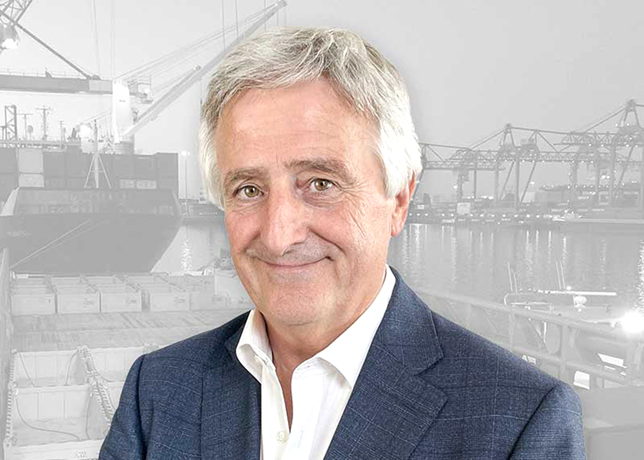



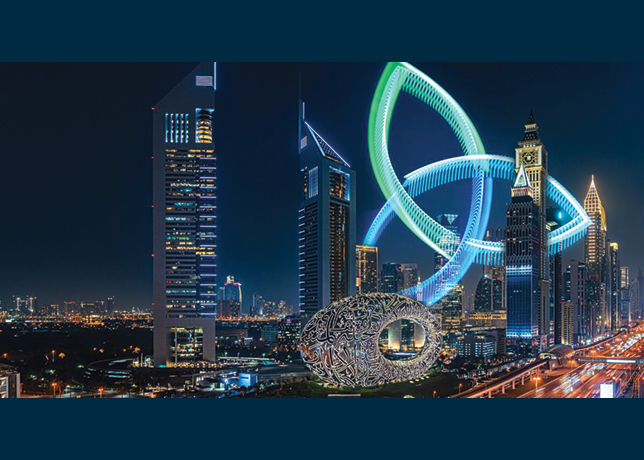
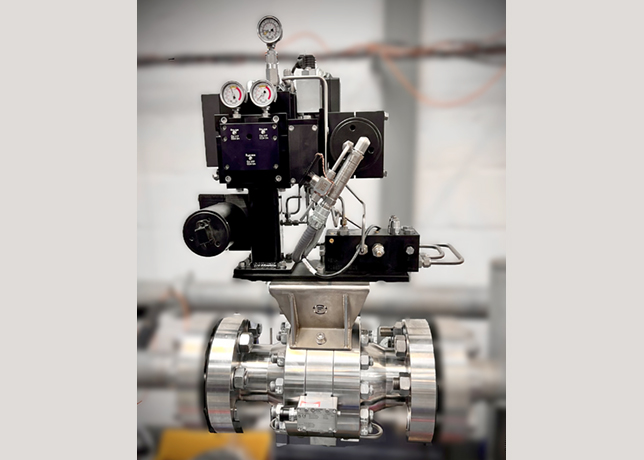
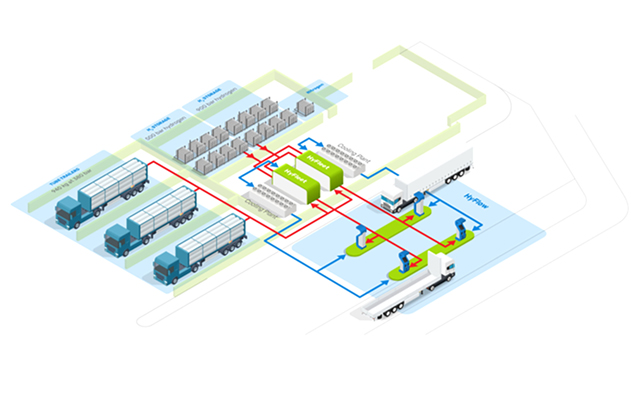
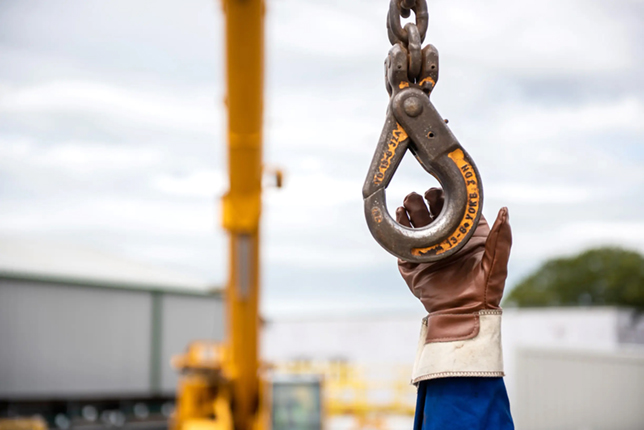
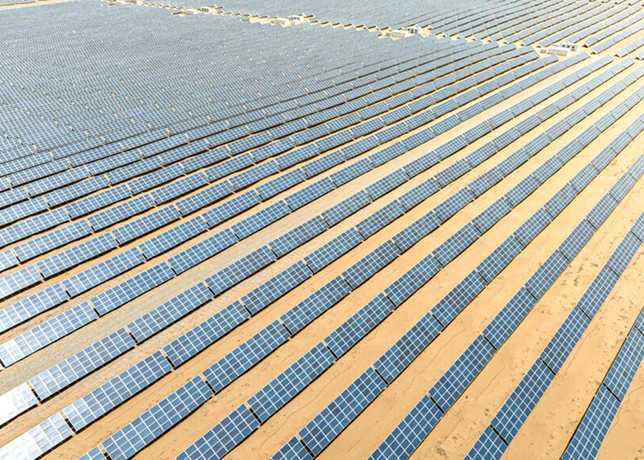

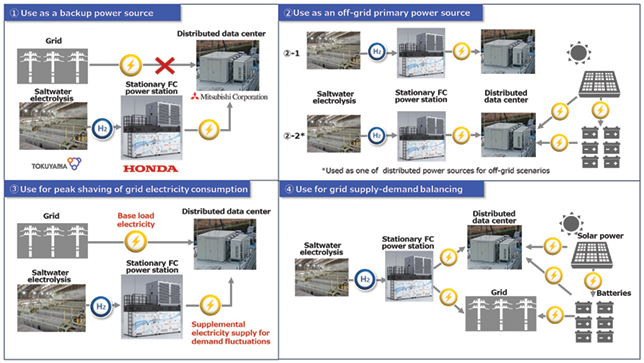


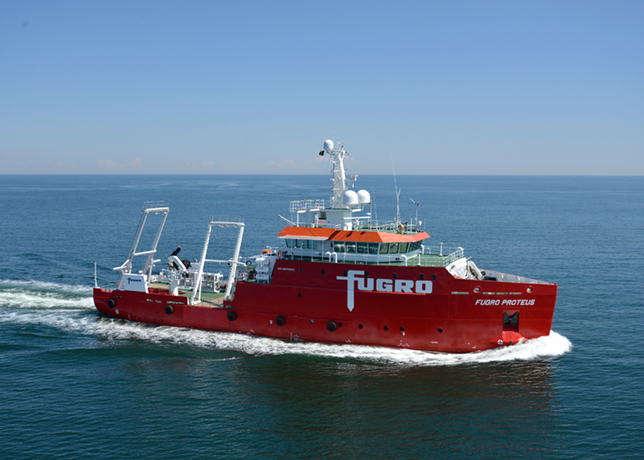


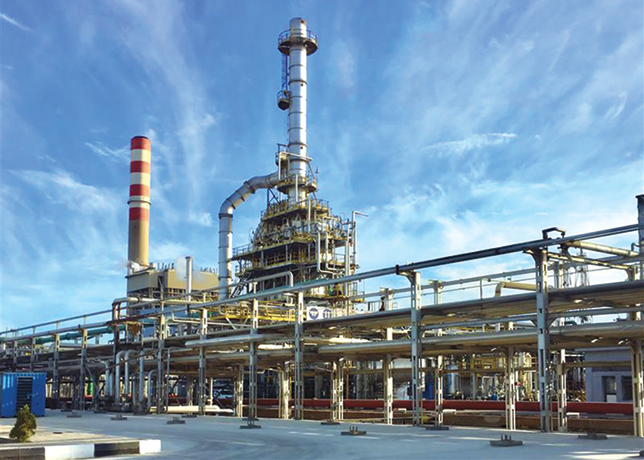
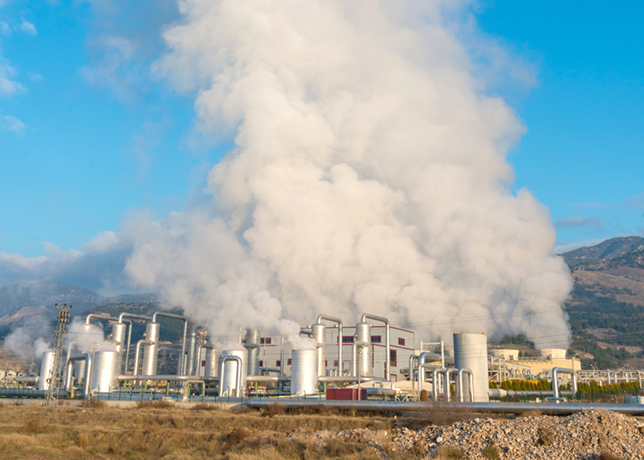
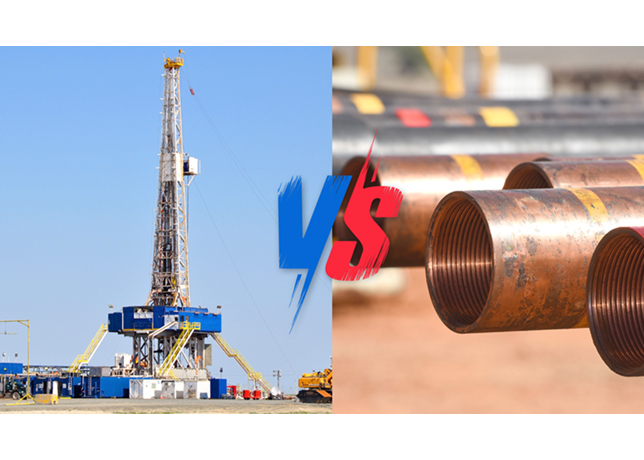
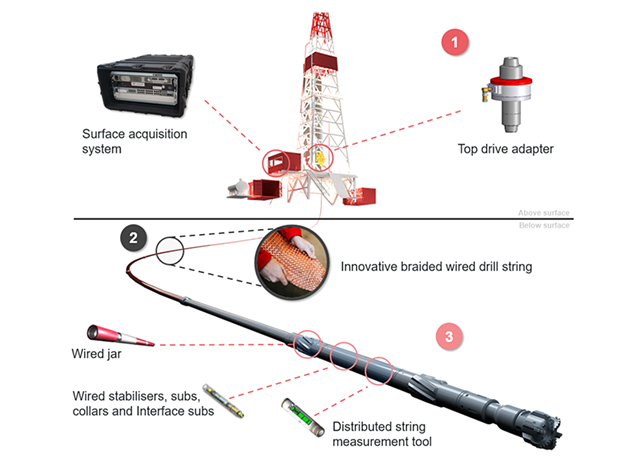

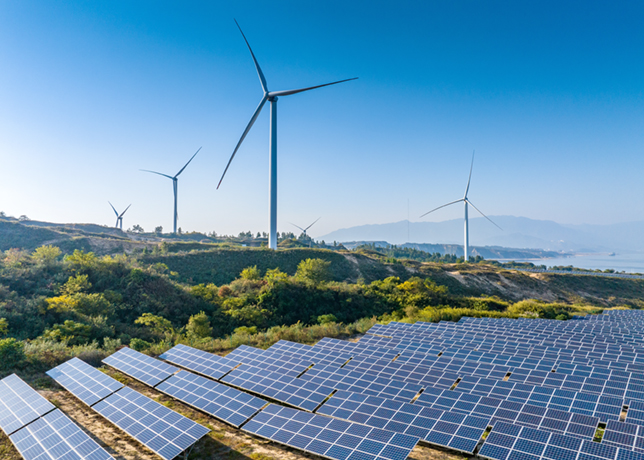




-is-one-of-the-world.jpg)
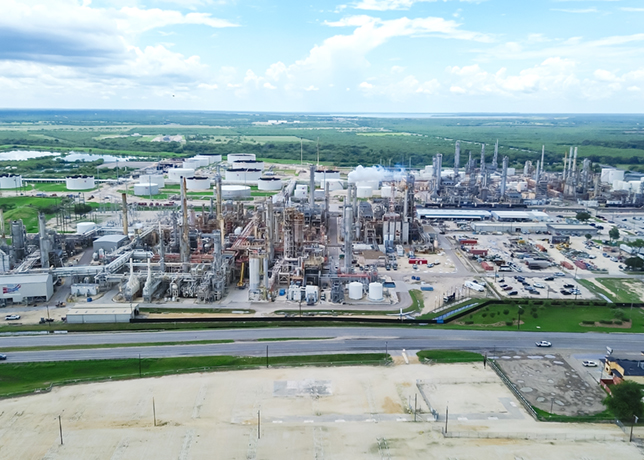
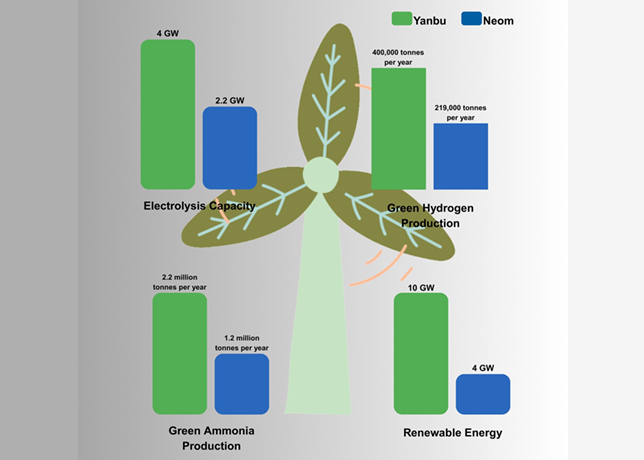

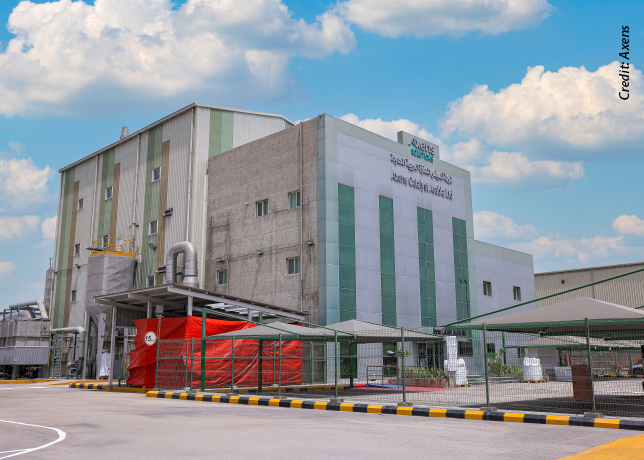

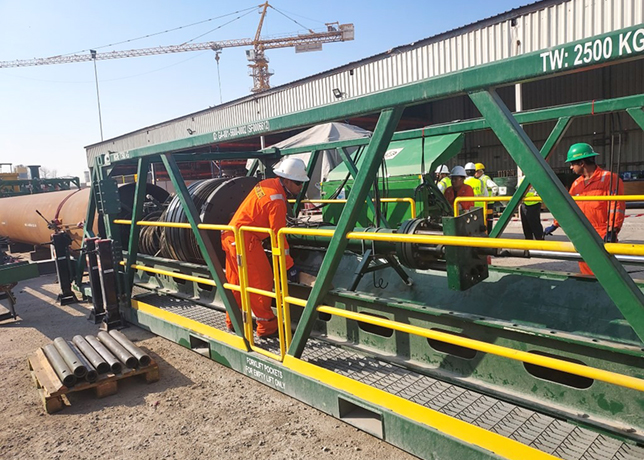
-(4)-caption-in-text.jpg)
